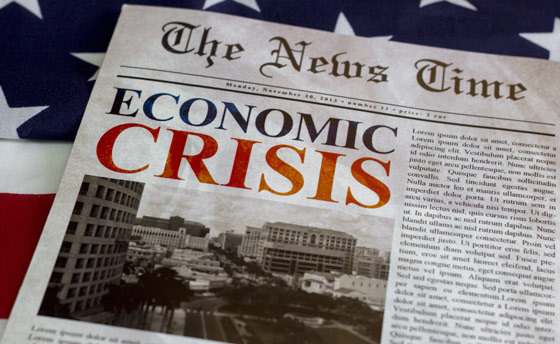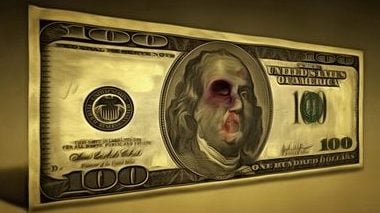While speaking at Berkshire’s annual general meeting in Omaha, Nebraska, Warren Buffett, the billionaire investor, said he expects earnings at the majority of the conglomerate’s operations to fall this year as the coming economic downturn slows corporate activity further. During the last six months or so, the “incredible period” for the United States economy has been coming to an end, he said.
“The majority of our businesses will report lower earnings this year than last year,” Buffett said, before crowds of thousands at the event on Saturday according to Bloomberg.
Buffett’s long-time business partner Charlie Munger, who joined him on stage commented that people in the U.S. should “get used to making less.”
Buffett made his pessimistic comments even as Berkshire posted an almost 13% gain in operating earnings to $8.07 billion for the first quarter, up from $7.04 billion a year ago.
As Bloomberg notes, Berkshire is often viewed as a proxy for economic health owing to the expansive nature of its businesses ranging from railroad to electric utilities and retail. Buffett himself has said Berkshire owes its success to the incredible growth of the US economy over the decades, but his prediction for a slowdown at his firms comes as upheaval at regional banks threatens to curtail lending as inflation and higher rates continue to bite.
According to a report by ZeroHedge, one of Berkshire’s best-known businesses, Brooks Running Co’s, Chief Executive Officer Jim Weber was skeptical of a massive consumer downturn. “With unemployment being so low, it’s hard to be believing we’re going to fall off a cliff into a recession at the consumer level,” Weber said in an interview on Friday ahead of the meeting. “I wonder if this is going to be an asset-value recession.”
Robert Kennedy Jr. Warns Of Larger Economic Crisis: “It’s Not Just The Banks”
Buffett added that he couldn’t see how Washington would allow the U.S. ruling class to default on its debt, an outcome that would tip the financial system into turmoil. Investors and politicians are zeroing in on whether or not the U.S. government can avoid crashing into its statutory debt ceiling and a potentially catastrophic technical default that could follow.










0 Comments